In the second half of the Weimar period (1918–33), photographers produced books consisting almost entirely of sequenced images. The subjects ranged widely: from plants and nature to the modern metropolis, from exotic cultures to the German Volk, from anonymous workers to historical figures. While many of the books were created by key practitioners and theorists of modern photography, scholars have rarely addressed the significance of the book format to modern conceptions of photographic meaning. The term “photo-essay” implies that these photographic books were equivalent to literary endeavors, created by replacing text with images, but such assumptions fail to explore the motivations of the books’ makers. Stop Reading! Look! argues that Weimar photographic books stood at the center of debates about photography’s ability to provide uniquely visual forms of perception and cognition that exceed the capacity of the textual realm. Each chapter provides a sustained analysis of a photographic book, while also bringing the cultural, social, and political context of the Weimar Republic to bear on its relevance and meaning.
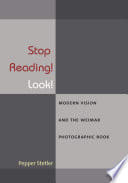
Average Rating
Informations
About the author
Pepper Stetler
Author
Stop Reading! Look!
by Pepper Stetler
Books Like Stop Reading! Look!
If you're looking for books similar to Stop Reading! Look!, here are some recommendations based on themes, tone, and narrative style.

The Work of Art in the Age of Mechanical Reproduction
Walter Benjamin
A groundbreaking essay exploring the impact of technological reproduction on artistic creation. Examines how mechanical reproduction transforms artistic experience and cultural perception. Provides critical insights into the relationship between technology and art. Influential text in understanding modern visual culture.
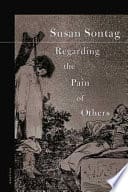
Regarding the Pain of Others
Susan Sontag
A profound meditation on photography's capacity to represent suffering and conflict. Explores how visual images mediate our understanding of human experience. Critically examines the ethics of representing trauma through photography. Offers nuanced insights into the power and limitations of visual representation.
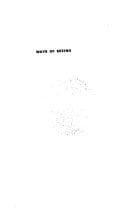
Ways of Seeing
John Berger
A groundbreaking exploration of visual perception and cultural representation. Challenges traditional approaches to understanding visual art and images. Provides critical insights into how we interpret and construct visual meaning. Offers transformative perspectives on visual culture and representation.

The Photobook: A History Volume I
Martin Parr and Gerry Badger
A comprehensive exploration of photographic books as an art form and cultural artifact. Examines the evolution of photobooks from early experiments to modern masterpieces. Provides deep insights into how photographers use book formats to communicate visual narratives. Offers critical analysis of photographic representation and visual storytelling techniques.
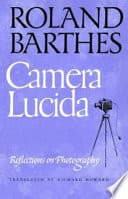
Camera Lucida
Roland Barthes
A philosophical meditation on photography's essence and emotional impact. Explores the personal and cultural significance of photographic images. Introduces influential concepts of studium and punctum in photographic interpretation. Offers a deeply personal and theoretical exploration of photographic meaning.
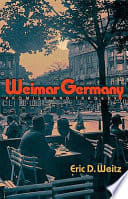
Weimar Germany: Promise and Tragedy
Eric D. Weitz
A comprehensive historical examination of the Weimar Republic's complex social and cultural landscape. Explores the political and artistic innovations of the period. Provides context for understanding the intellectual and creative environment that produced groundbreaking visual arts. Offers deep insights into the cultural dynamics of interwar Germany.
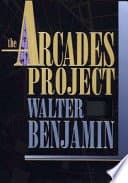
The Arcades Project
Walter Benjamin
A complex, fragmentary exploration of urban experience and cultural history. Provides rich insights into visual culture and modernity. Examines the relationship between technology, culture, and perception. Offers a unique approach to understanding historical and cultural transformation.
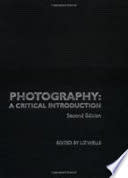
Photography: A Critical Introduction
Liz Wells
A comprehensive academic exploration of photography's theoretical and cultural dimensions. Provides critical approaches to understanding photographic practice and representation. Examines photography's role in social, cultural, and political contexts. Offers sophisticated analysis of visual communication strategies.
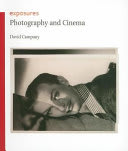
Photography and Cinema
David Campany
An innovative exploration of the relationship between photography and moving images. Examines intersections between still and moving visual media. Provides theoretical insights into visual storytelling techniques. Offers critical perspectives on photographic and cinematic representation.
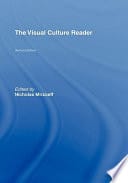
The Visual Culture Reader
Nicholas Mirzoeff
An influential collection of essays exploring visual culture and its significance in modern society. Examines how images create meaning and shape cultural understanding. Provides theoretical frameworks for analyzing visual communication. Offers interdisciplinary perspectives on photography, media, and representation.
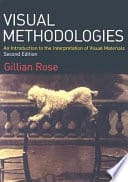
Visual Methodologies
Gillian Rose
A comprehensive guide to analyzing visual materials across disciplines. Provides methodological approaches for interpreting visual culture. Explores critical techniques for understanding photographic and visual representations. Offers practical and theoretical frameworks for visual research.
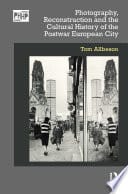
Photography and Culture
Jorge Ribalta
Investigates the relationship between photography, social history, and cultural representation. Explores how photographic images construct and reflect cultural narratives. Analyzes the power of visual documentation in understanding historical and social contexts. Provides critical perspectives on photography's role in shaping collective memory.
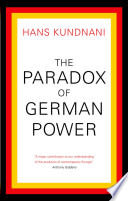
The Germans
George Packer
An insightful exploration of German cultural identity and historical transformation. Provides context for understanding social and cultural dynamics of modern Germany. Examines historical continuities and ruptures in German society. Offers nuanced perspectives on national identity and cultural representation.
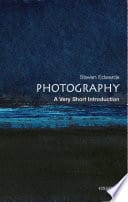
Photography and Truth
David Green
A critical examination of photography's relationship to truth and representation. Explores how photographic images construct and challenge notions of reality. Analyzes the epistemological implications of visual documentation. Provides philosophical insights into photography's role in perception and knowledge.
No account connected — sign in to comment.
